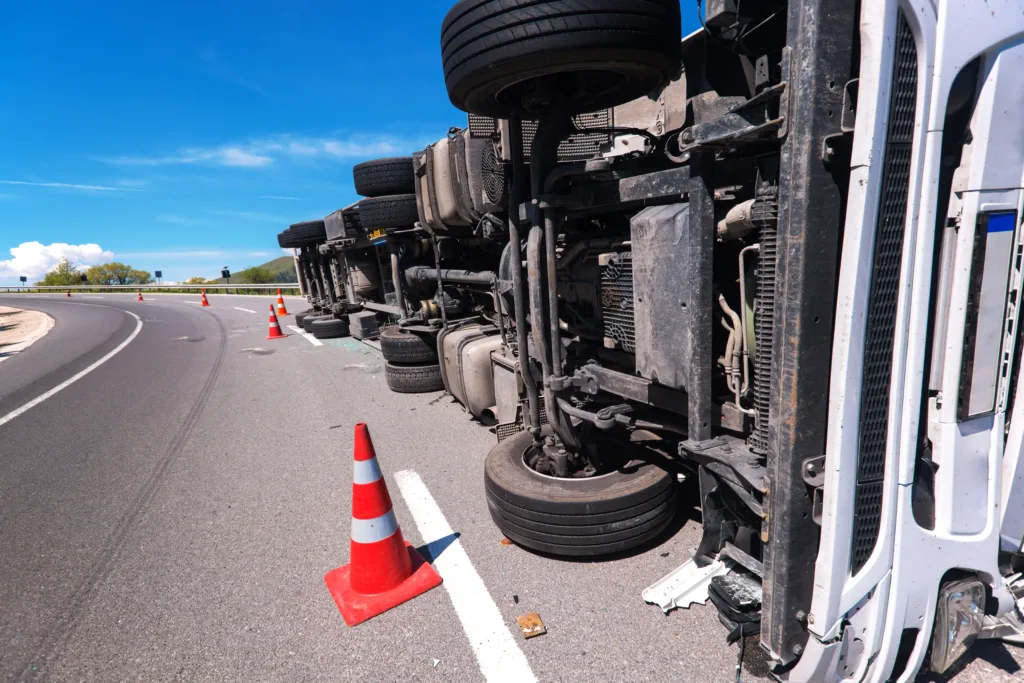
Truck Accidents and Federal Regulations: Holding Responsible Parties Accountable
Truck accidents can be devastating, leading to severe injuries, loss of life, and significant property damage. These accidents often involve large commercial vehicles, such as tractor-trailers, that pose a higher risk due to their size and weight. To address these risks, federal regulations have been established to govern the trucking industry, ensuring the safety of both drivers and the general public. Understanding these regulations is crucial when it comes to holding responsible parties accountable for truck accidents.
The Regulatory Landscape:
The Federal Motor Carrier Safety Administration (FMCSA), a division of the U.S. Department of Transportation, plays a pivotal role in regulating interstate trucking and ensuring the safety of commercial vehicles on the nation’s roads. The FMCSA sets forth rules and regulations that cover various aspects of the trucking industry, including driver qualifications, vehicle maintenance, hours of service, and cargo securement.
Driver Qualifications and Training:
One of the fundamental aspects of federal regulations pertains to the qualifications and training of truck drivers. To operate a commercial motor vehicle, drivers must meet specific criteria, including obtaining a Commercial Driver’s License (CDL). Additionally, drivers must undergo thorough training to handle the complexities of large trucks safely. Holding trucking companies accountable for hiring unqualified or inadequately trained drivers is crucial when seeking justice for victims of truck accidents.
Hours of Service Regulations:
Fatigue is a significant factor in truck accidents. To address this issue, the FMCSA has implemented hours of service regulations to limit the amount of time a driver can spend behind the wheel without rest. These regulations dictate the maximum driving hours and require drivers to take specific rest breaks. Violations of these regulations can lead to fatigue-related accidents, and holding responsible parties accountable involves scrutinizing driver logbooks and electronic logging devices.
Vehicle Maintenance and Inspections:
Proper maintenance and inspection of commercial vehicles are essential to prevent mechanical failures that could result in accidents. Federal regulations mandate regular inspections, maintenance records, and adherence to safety standards. Holding trucking companies accountable for neglecting maintenance schedules or failing to address identified issues is crucial when seeking compensation for accident victims.
Cargo Securement and Weight Limits:
Improperly secured cargo or exceeding weight limits can lead to hazardous situations on the road. Federal regulations outline specific guidelines for cargo securement and weight restrictions to maintain stability and prevent accidents. Holding responsible parties accountable for violations of these regulations involves investigating whether the cargo was properly loaded and secured and if weight limits were exceeded.
Electronic Logging Devices (ELDs):
Federal regulations now require the use of electronic logging devices (ELDs) to enhance accuracy in recording drivers’ hours of service and combat the falsification of logbooks. These devices automatically track driving hours, providing a more reliable and tamper-resistant record. Holding responsible parties accountable may involve scrutinizing ELD data to determine compliance with hours of service regulations.
Investigating Violations for Accountability:
In the aftermath of a truck accident, a thorough investigation is crucial to uncover any violations of federal regulations. This may involve examining the truck driver’s qualifications, reviewing maintenance records, analyzing ELD data, and checking for compliance with hours of service regulations. Holding responsible parties accountable requires a comprehensive understanding of the specific regulations relevant to the case and presenting compelling evidence to support the victim’s claim.
Legal Recourse for Victims:
Victims of truck accidents may pursue legal recourse to hold responsible parties accountable for their injuries and losses. This often involves filing a personal injury lawsuit against the truck driver, trucking company, or other parties deemed negligent. A successful case relies on establishing a clear connection between the accident and violations of federal regulations.
Federal regulations play a vital role in maintaining safety within the trucking industry, and understanding these regulations is key to holding responsible parties accountable for truck accidents. Victims of such accidents should seek legal representation that is well-versed in the intricacies of trucking regulations to ensure a thorough investigation and effective pursuit of justice. The team at Greg Linehan Law is standing by to help you navigate your rights should you be impacted by a similar accident.

